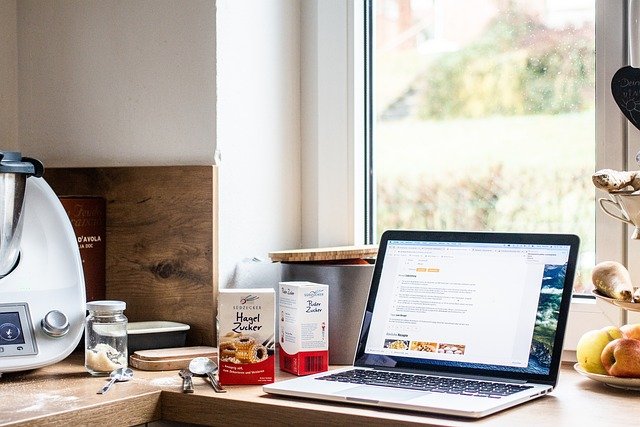Structuring Workdays to Prevent Burnout and Maintain Productivity
Practical approaches to organize daily work can reduce stress and keep output steady. This article outlines routines, habits, and simple recovery strategies that help maintain focus and resilience across long workweeks while supporting sleep, nutrition, and movement.

Modern workdays often blur boundaries between effort and rest, increasing stress and draining resilience if routines are weak. Structuring time intentionally—balancing focused work, short recovery breaks, sleep hygiene, nutritious meals, and regular movement—helps protect mental health and sustain productivity. The guidance below translates evidence-informed habits into actionable steps that fit diverse schedules and roles.
How can habits and routine reduce stress and improve focus?
Consistent routines anchor the day and lower decision fatigue, which directly affects stress and focus. Start by defining a predictable morning and end-of-day ritual: set priorities, review a short task list, and close with a brief reflection on progress. Small habits—designated work blocks, fixed lunch periods, and a short wind-down—signal the brain when to engage and when to recover. Over time these habits build behavioral momentum that supports productivity while limiting long stretches of reactive, high-anxiety work.
What role do sleep and recovery play in productivity?
Sleep and recovery are foundational to cognitive performance, emotional regulation, and resilience. Prioritizing consistent sleep windows and short recovery breaks during the day improves decision-making, memory consolidation, and creative problem solving. Schedule brief pauses after intensive tasks to reset attention: a five- to ten-minute walk, breathing exercise, or quiet rest can restore focus. Treat recovery as a productivity tool rather than an indulgence to reduce burnout risk and maintain steady output.
How do nutrition and hydration support mental health and resilience?
Fueling the body with balanced meals and regular hydration affects energy stability, mood, and concentration. Plan simple, nutrient-dense meals and avoid long gaps between eating that lead to energy dips and impulsive choices. Keep a water bottle at hand and aim for regular sips throughout the day to support cognition. Thoughtful nutrition and consistent hydration work alongside sleep and movement to strengthen mental health and the physiological capacity to handle prolonged work demands.
Can movement and exercise prevent burnout?
Incorporating movement into the workday reduces physical tension and improves circulation and mood, all of which help prevent burnout. Short bouts of activity—standing meetings, stretch breaks, quick walks, or brief exercise sessions—break sedentary patterns and recalibrate attention. Regular exercise outside work hours enhances recovery and stress resilience. Design movement into calendars like any other commitment so it becomes a planned resource that sustains focus and energy.
How do mindfulness and relaxation enhance focus and recovery?
Mindfulness and relaxation techniques sharpen attention and provide intentional recovery between tasks. Brief practices—such as single-breath resets, body scans, or two-minute grounding exercises—lower physiological arousal and restore capacity for focused work. Integrating short mindfulness moments before demanding tasks or after interruptions reduces cognitive carryover and helps maintain steady productivity without escalating stress.
How to build resilience through small daily practices?
Resilience grows from predictable supports: reliable routines, realistic task planning, social connection, and periodic recovery. Break large projects into manageable steps and schedule buffer time for unexpected tasks. Use habit stacking—pairing a new habit with an established one—to make changes stick. Regularly evaluate workload and adjust priorities to prevent chronic overload; resilience is preserved by sustainable pacing rather than repeated overcommitment.
This article is for informational purposes only and should not be considered medical advice. Please consult a qualified healthcare professional for personalized guidance and treatment.
Conclusion Sustaining productivity while avoiding burnout depends on structuring workdays with intentional routines that include focused work windows, sleep-friendly recovery, balanced nutrition and hydration, movement, and short mindfulness practices. Small, consistent changes to daily habits compound into greater resilience and steadier performance, enabling more reliable focus and healthier long-term engagement with work.






